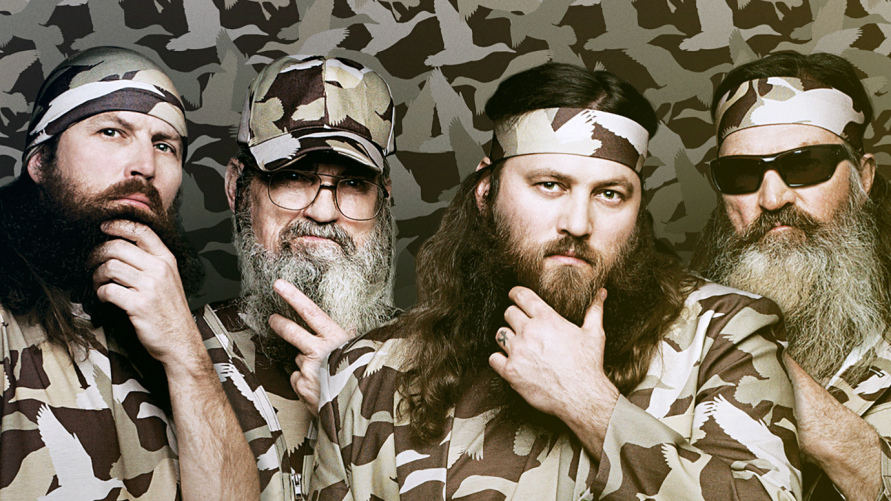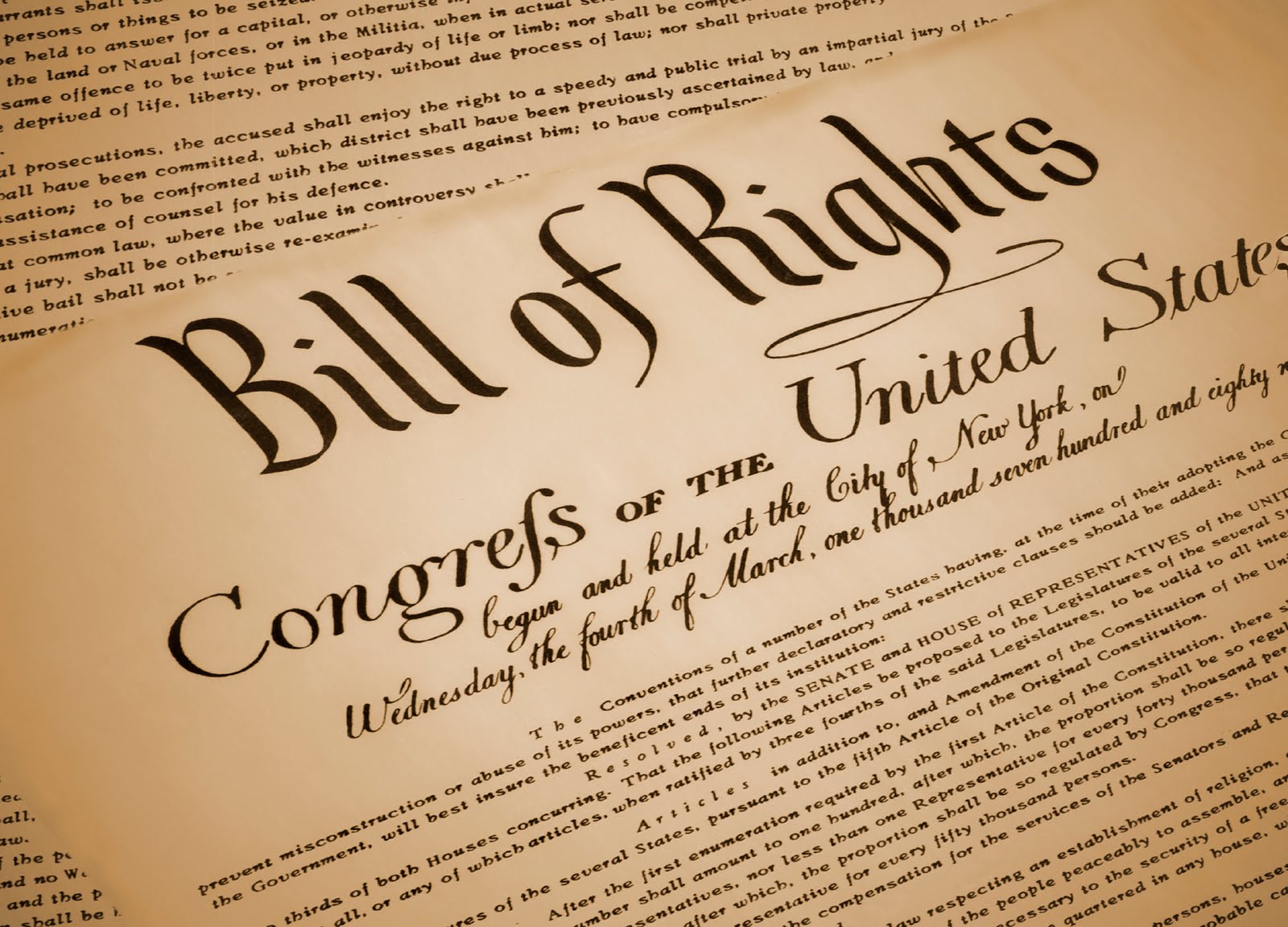
(photo credit: Art Streiber)
By: Robert Jones
When I first heard about Phil Robertson’s suspension, I honestly didn’t care. I can’t realistically follow every news story and this was one I was happy to avoid. His name wasn’t recognizable to me so I assumed he was a red-state politician whose rhetoric went a little too far. But after seeing countless stories on Twitter and Facebook, I looked up Robertson and the comments in question. It turns out that Phil Robertson isn’t a Texas governor, but rather a prominent actor on A&E’s show “Duck Dynasty.” The series focuses on his family who made a fortune by selling duck calls to hunters. However, lately the family has reached notoriety for a different reason. Stories from The Atlantic and NPR took over my News Feed, analyzing Robertson’s remarks and the ensuing reaction. My opinion didn’t really change though: what’s the big deal if some actor gets suspended for his remarks? They were religious-based criticisms of gay people, and A&E doesn’t need to accept such criticisms as part of their image.
Robertson didn’t just attack a fringe belief; though disapproval of homosexuality was once common, more and more people are changing their opinion. From strictly a numbers standpoint, a majority of Americans support gay marriage. And Robertson didn’t simply say, “I personally don’t agree with gay marriage; may we change the subject?” He equated homosexuality with alcoholism, bestiality, promiscuity, and other sinful acts. It’s increasingly clear that this isn’t how most of America sees homosexuality, and these kinds of comparisons are outdated. From a statistical point of view, it’s clear why A&E pulled Robertson from the show. Though Duck Dynasty’s largest audience likely isn’t the LGBT community, the network obviously wanted to respect the views of the majority of Americans.
But people aren’t debating whether or not he should have said his anti-gay comments—the anger is centered about A&E’s suspension of Robertson for his comments, with some applauding A&E for their progressiveness and others attacking them for censoring Christian values. Louisiana Governor Bobby Jindal stated, “Everyone is entitled to express their views… I remember when TV networks believed in the First Amendment.” This statement inflates the significance of Robertson’s suspension; nothing in the Constitution protects a citizen when they act as a corporation’s employee. Robertson likely signed a contract stipulating that his actions represent A&E even when he’s off-screen. Just as A&E could have let him go for making comments critical of the network, A&E can let him go for making comments unaligned with the corporation’s values.
What’s most interesting to me about this controversy—what’s turned me from an idle viewer of the action to a participant—is how people have reacted to Robertson’s suspension. I’ve seen furious comments, paragraph-long treatises about the Bible, even a linguistic analysis of the meaning of “abomination” over time, to back up their views and beliefs. Many don’t even fault Robertson for his comments, which I personally think is shocking. Certainly other people have said worse about gay people, but that’s hardly an excuse. It’s almost 2014; even though beliefs may differ, I think most people would agree that acceptance and tolerance will yield more than condemnation. Though all kinds of accusations of draconian censorship and the end of freedom of speech have been made, A&E has no duty to defend anything they deem offensive.
Networks and “higher ups” have been punishing celebrities for their actions for years now. But this is one of the first times that a famous person has been denounced for something that many people don’t feel is inherently wrong. Everyone knows that you can’t call black basketball players “nappy headed hos;” people are heated because they see censoring Phil Robertson as policing someone’s Christianity. Does A&E have a duty to expect these kinds of comments and stand behind their actors when they make them (especially when said actor is part of their record-breaking, hit TV show)? It’s surprising to me that this isn’t a question people are examining further instead of continuing worn out debates about the Bible and homosexuality or erroneously citing the Constitution. In the same interview, Robertson commented that blacks were happier under Jim Crow discrimination laws, before the Civil Rights movement. If these are the kind of comments that he’s willing to make in public, I can’t blame his bosses for getting rid of him.
